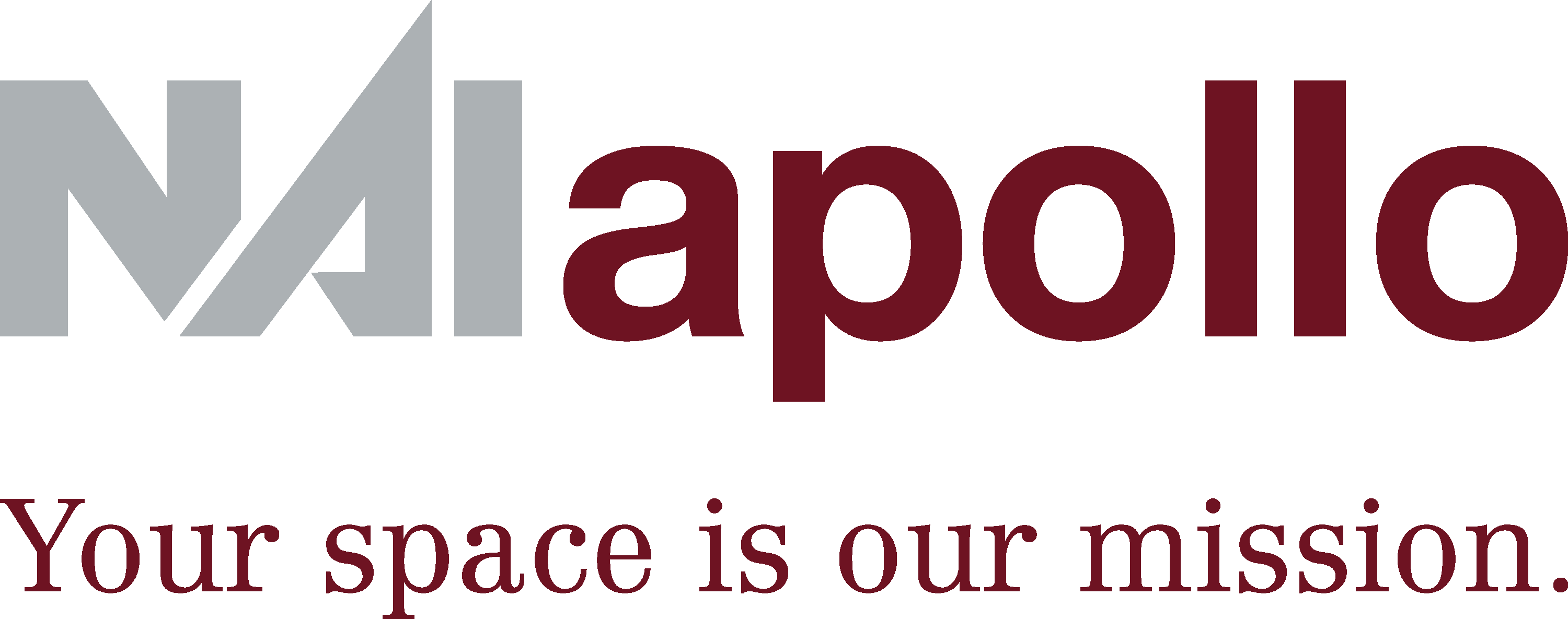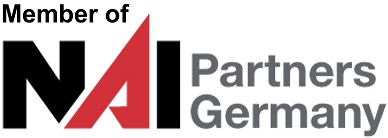Press release NAI apollo: German transaction market for residential portfolios sees trend towards further stabilisation in summer 2025
Frankfurt am Main, 17th October 2025 – According to NAI apollo, a member of NAI Partners Germany, activity on the German residential portfolio transaction market (30 residential units or more) remained somewhat restrained in the third quarter of 2025, and the transaction volume of around €2 billion was broadly in line with the prior quarter. Compared to the third quarter of 2024, the volume declined by 25.3 %. However, the overall performance in the year to date provides a more positive picture. The total transaction volume of €6.3 billion is 6.1 % above the previous year’s figure, while 42,600 residential units have been sold. This means that the full-year result for 2023 has already been surpassed (2023: €6.2 billion, 33,700 residential units).
“Despite the continuing difficult economic environment, the market for residential portfolio transactions remained largely stable with slightly positive trends. Investor demand focused primarily on mid-size portfolio volumes and large metropolitan areas, as well as on project developments and newly built properties in the core and core-plus segments. In addition, capital continued to flow into existing portfolios with potential for value appreciation. However, there were no large deals exceeding €500 million in the last three months,” said Dr Marcel Crommen, Managing Partner of NAI apollo.
Sales increase in mid-size portfolio segments
“Compared to the previous year, there has been a shift in market activity towards mid-size portfolio transactions. The segment between €25 million and €50 million stands out in particular. With a market share of 23 %, the traded volume here grew by 145.1 % to €1.5 billion. Deals in the €50 million to €100 million range also increased, albeit more moderately, with sales rising by 46.8 % to €1.1 billion,” said Dr Konrad Kanzler, Head of Research at NAI apollo. “Demand in the mid-size segment came mainly from domestic investors and focused primarily on larger conurbations as well as new buildings and project developments,” added Stefan Mergen, Managing Partner of apollo valuation & research GmbH. However, the €100 million-plus segment remained dominant and continued to generate the highest sales, with €2.4 billion and a market share of 38.8 %. This also includes the largest transaction of the year to date: the sale of around 8,000 residential and commercial units from the open-ended real estate fund UniImmo: Wohnen ZBI in the first quarter of 2025. In contrast, smaller deals under €10 million were of lesser significance. Here, the volume declined by 17.7 % year-on-year to €272 million.
Open-ended funds & special funds dominate on the buyer side, project developers & contractors account for the highest sales volume
The most important buyer groups so far this year include open-ended funds and special funds with a market share of 19.6 %. However, their purchase volume fell from around €1.3 billion in the previous year to €1.2 billion in the first three quarters of 2025. In second place with a 15.6 % share are private-equity funds and opportunity funds, which have grown significantly year-on-year. Their purchase volume rose from around €111 million in the same period last year to €980 million. Domestic investors accounted for €3.9 billion of the total volume (share: 61.6 %). This represents a decline of 14.3 % compared to the previous year. International buyers, on the other hand, expanded their activities and increased their purchase volume by 71.2 % to €2.4 billion. “While German investors continue to adopt a more wait-and-see attitude, interest from foreign buyers has increased. They continue to view German residential portfolios as an inflation-protected and reliable investment target,” said Kanzler.
On the seller side, project developers and contractors made significant gains. Their volume rose by 39.8 % year-on-year to €2.8 billion. This saw them overtake open-ended funds and special funds, which had been in the lead until the middle of the year and now occupy second place with €1.7 billion.
Project developments account for a market share of around 49 % in the third quarter
Despite the difficult economic conditions, trading in project developments has increased significantly. Compared to the previous year, the transaction volume from forward deals climbed by 17.5 % to €2.1 billion. This corresponds to a market share of 33.3 %. The half-year result of €1.1 billion was almost doubled in the past three months, reaching around 49 % of the total volume for the third quarter of 2025. “The government’s planned measures, including the ‘Bau-Turbo’ (a policy designed to boost the construction sector), could further stimulate long-term investment in sustainable project developments, while additional subsidies and simplified redensification open up new opportunities for investors in already tight markets,” said Kanzler.
Cautious optimism owing to weak economic outlook
“Despite economic uncertainties and geopolitical risks, the German residential portfolio transaction market remains in demand, especially among international investors who continue to view Germany as a safe haven. While large-volume deals have been rare recently, mid-size portfolios are increasingly dominating transaction activity,” said Mergen. “Limited supply in the core segment is supporting prices in major cities, while buyers in secondary locations are acting more selectively and demanding higher returns. Core assets and mid-size portfolios with a manage-to-green approach remain the preferred targets. Given the low volume of new construction, the supply shortage is likely to continue for several years, which will further support price dynamics and rents,” added Crommen. Investors are increasingly focusing on sustainable new construction projects, some of which include a high proportion of subsidised housing. Serial construction methods will increasingly help to reduce high construction costs and long completion times. “A more significant upturn in transaction volume is not expected until 2026. For 2025, an investment volume of less than €10 billion is forecast, which would be in line with the previous year's level of €9.4 billion,” concluded Mergen.


